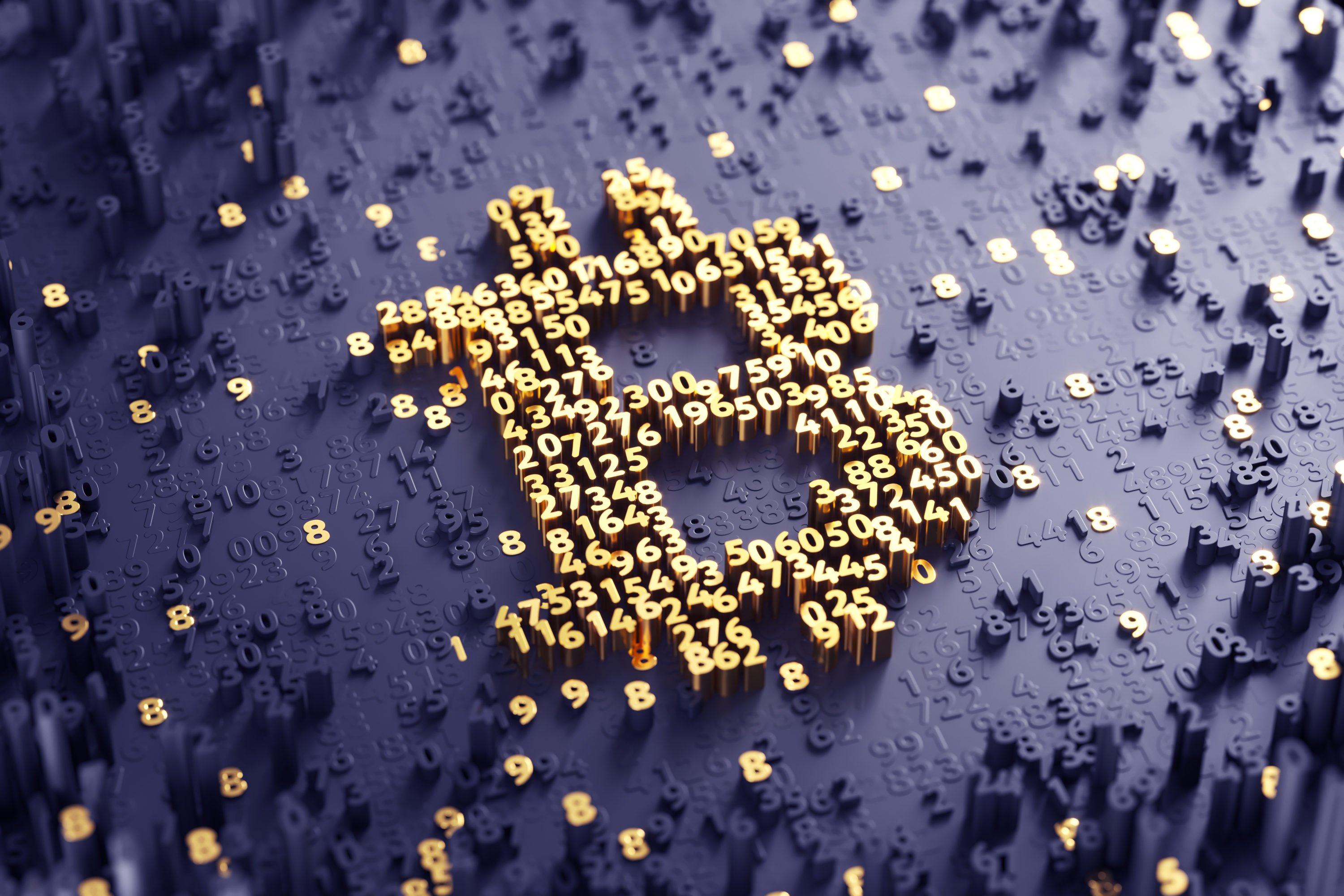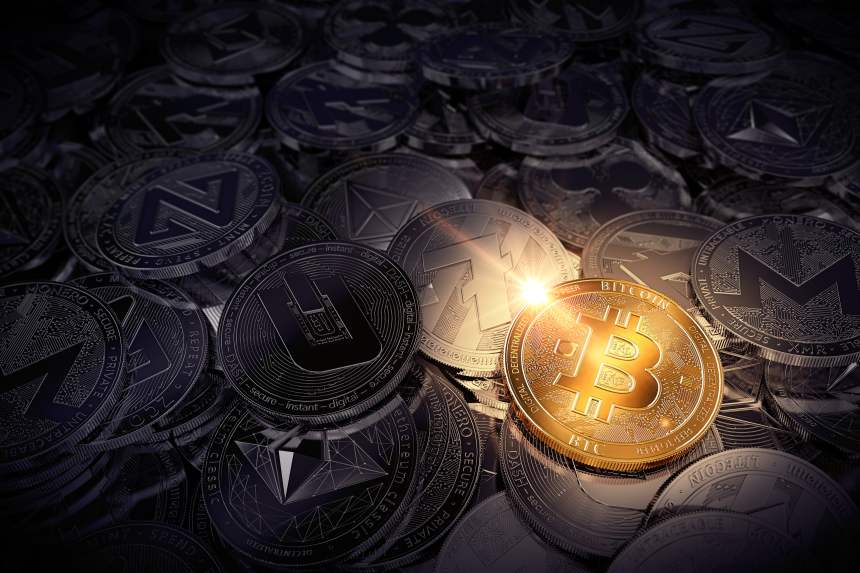Reason to trust

How Our News is Made
Strict editorial policy that focuses on accuracy, relevance, and impartiality
Ad discliamer
Morbi pretium leo et nisl aliquam mollis. Quisque arcu lorem, ultricies quis pellentesque nec, ullamcorper eu odio.
Satoshi Nakamoto, the pseudonymous creator of the Bitcoin (BTC) project, always expressed an inkling of mistrust and cynicism towards centralized institutions, including Wall Street and the incumbent government. This theme was only accentuated when the first ever crypto diehard embedded a Financial Times headline, which outlined a facet of 2008’s Great Recession, into the coinbase of his/her brainchild’s first-ever block.
Related Reading: Legendary Investor Gary Shilling Won’t Invest in Bitcoin, Cites Satoshi Nakamoto’s Anonymity as an Issue
But over the years, the underlying value proposition of Bitcoin has been misconstrued, especially as ‘get rich quick’ schemes have become a sector mainstay. In fact, many argue that now, BTC’s primary use case isn’t as a media of exchange, but as a speculation instrument, giving its ‘investors’ a chance at asymmetric
According to an array of industry executives, however, Bitcoin and its brethren are of much more significance than that. And this, not speculation, is what the postulate will bring BTC past its $20,000 all-time high to new heights, above and beyond what many of us think is possible or sensical.
Bitcoin Is A Digitized Store Of Value
First and foremost, Bitcoin is arguably a store of value (SoV) — one potentially even better than gold, especially due to BTC’s digital properties. As Max Kordek, the head of the Lisk, explained to this outlet in an interview at Token2049, BTC is a “store of value with complete independence of any other market,” making a small allocation into the asset logical. He adds that, if you boil the cryptocurrency down to its roots, it can act as a “secure investment next to gold,” in that over long periods of time, it will either hold its value or see its purchasing power/unit swell.
As reported by NewsBTC previously, Satoshi himself may have built the project with this thesis in mind. Dan Held, the co-founder of Interchange, explains that if we take the Bitcoin creator’s decisions into account, it would be hard to argue that BTC wasn’t established with it becoming a store of value in mind. Held specifically looks to Bitcoin’s cardinal rules — 21 million BTC supply cap, ten-minute blocks, and block size caps — and comments from Satoshi, in which he/she/they mentioned “scarcity,” “long-term growth,” and commodities.
While Kordek and Held are sure that Bitcoin can be equated to gold, arguably BTC has not only more upside, but stronger characteristics in that it can’t be confiscated, it is portable, and it actually has a limited supply. As industry researcher Willy Woo explained, the digital asset can “easily exceed” gold’s market capitalization due to the fact that mathematical, code-ensured scarcity, which Bitcoin enlists, “beats perceived scarcity.”
This is the reason why I think Bitcoin will easily exceed golds market cap.
*Mathematical scarcity beats perceived scarcity*
Perceived scarcity comes only from the technological limitations of today. https://t.co/TtIh41zz3F
— Willy Woo (@woonomic) February 1, 2019
As Woo notes, there exist trillions, even quadrillions & quintillions of dollars worth of gold and other precious metals on near-Earth asteroids, meaning that the supply of those goods is limited only by “the technological limitations of today”.
In other words, gold’s hegemony as the de-facto store of value may be usurped over time, especially as humanity’s relentless demand for gold continues and as on-Earth supplies wane, creating a gold rush in outer space. And thus, as the Winklevoss Twins once opined, Bitcoin is “better at being gold than gold itself,” and may pass its physical counterpart with ample time.
An Alternative To Traditional Payment Rails
Aside from being a value store, Bitcoin has also been lauded as an alternative to traditional payments rails, and more importantly, government-issued currency itself. As Alex Wearn, the chief executive of IDEX, remarked in reference to a question about cryptocurrencies, “it is interesting to see something that gives people choice, as countries used to impose single currencies with no alternatives.”

Mark Lamb from CoinFLEX made a similar comment, but with more bullish undertones. Lamb stated that while Bitcoin can be used in fiat crises, like in Venezuela, it, with the Lightning Network in tow, has a more ubiquitous purpose as something that is “faster, cheaper, efficient, and isn’t even controlled by a single group of people or person in the world.” The cryptocurrency exchange executive concludes:
“Everyone wants money or Bitcoin. Everyone wants crypto. BTC is a form of a MoE that you can pay people with, and this is what really drives the value higher. When you have bank accounts frozen, credit card transactions fail, and when you’ve been charged back, you see the issues with fiat money.”
As HTC’s Phil Chen told this outlet, “Long Bitcoin, short the bankers — I believe that.” And as CoinFLEX’s chief executive echoed, fiat and its derivatives are outdated, and cryptocurrencies, whether it be Bitcoin, Ethereum, or otherwise, are evidently the future of finance, money, and by extension, society.
Related Reading: HTC’s Blockchain Lead: Bitcoin is to Facebook Coin, JPM Coin as The Internet is to Intranets
Featured Image from Shutterstock


















